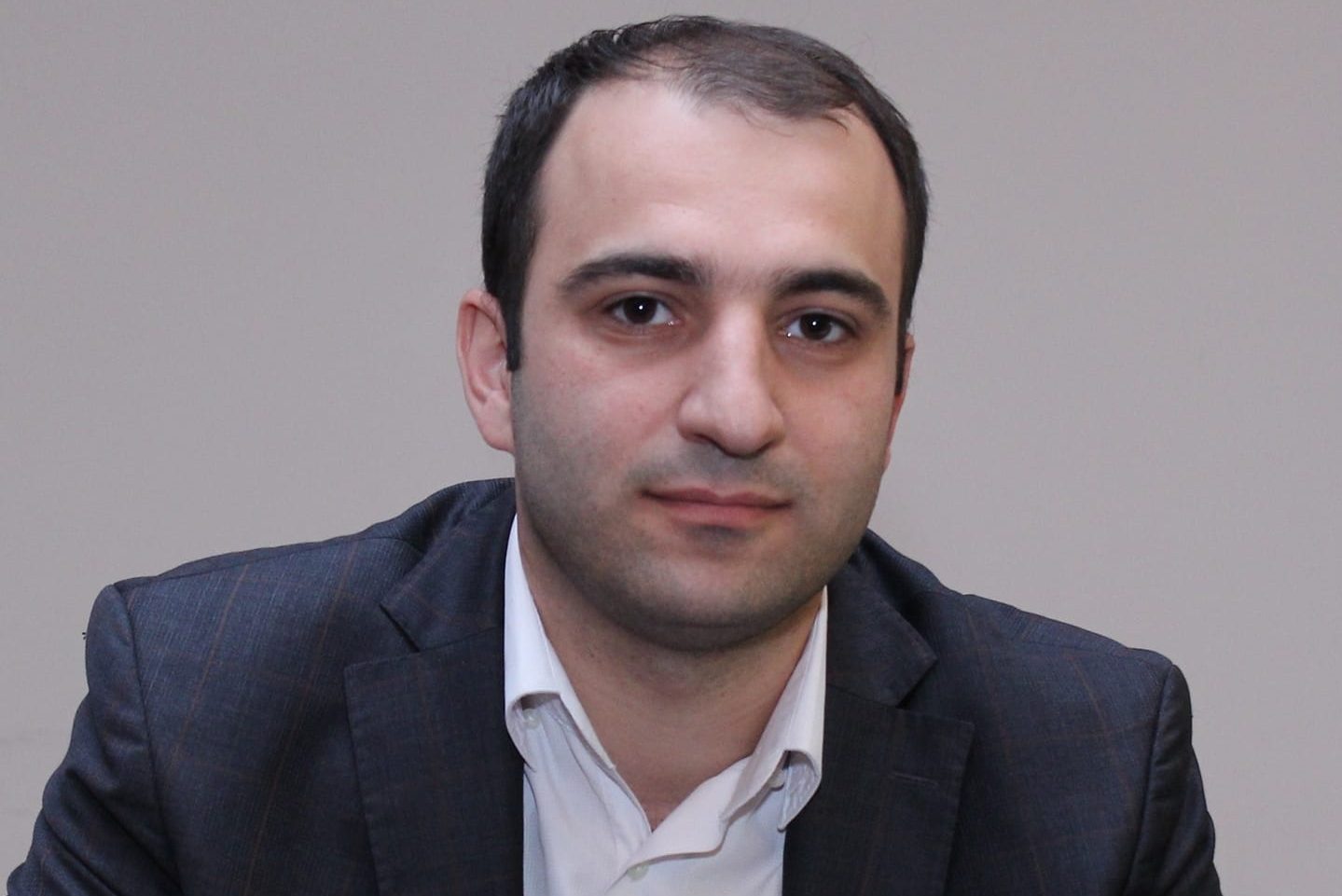The Judicial and Legal Reforms Strategy envisages the elimination of the criminal subculture, as well as the introduction of an alternative punishment system. The strategy also envisages reforms in criminal procedure legislation and improvement of proceedings involving minors and vulnerable persons.
Iravaban.net spoke on the topic with lawyer Harut Aklunts, Deputy Chairman of the Chamber of Advocates.
– One of the directions of the Judicial and Legal Reforms Strategy was the elimination of the criminal subculture, within the framework of which the law on “thieves in law” persons belonging to the criminal subculture came into force on 22 February, 2020. How do you assess the work done in this direction during these 2 years? Are there any legislative gaps in the law?
– First of all, it should be noted that at the time of the adoption of the law, quite objective concerns were circulating in professional circles regarding the certainty of its regulations. Despite the concerns, the law was passed without revision, which has led to controversy among law enforcement officials. This underscores the importance of taking into account the views of those involved in the field within the framework of law-making activities.
– What is the prevalence of alternative punishment systems in Armenia? Is there a problem with increasing their types?
– To be fair, we must state that, unlike in earlier times, now alternative means of punishment are widely used. It is noteworthy that the courts are currently inclined to apply them; that is, more severe measures are generally applied only when the court rules out the possibility of a more lenient measure.
Such a development is, of course, welcome, and the legal community expects further development of the system provided for in the new Criminal Code. This also expands the existing possibilities, so you just have to rely on proper implementation.
– The draft of the new Criminal Procedure Code of the RA was adopted on 30 June, 2021 and will enter into force on 1 July this year. Plea bargaining and cooperation proceedings have been introduced within this framework. To what extent do you think they are significant in Armenia?
* In cases where the parties to the trial agree on the guilt of the accused, it is not justified to spend resources on a thorough examination of the evidence in certain categories of crimes. In such cases, the court simply has to approve the protocol of the agreement between the parties. This also follows from the logic of full implementation of the principle of competition.
– The Plea bargaining, in fact, came to replace the accelerated procedure of judicial examination, which is widely used both before the adoption of legislative changes and now. This is one of the acceptable forms of austerity justice, which successfully balances the public and private interests, in terms of the public interest, it is called to unload the judicial system, and the sentence to be imposed on the defendant becomes predictable. The practical problem with the use of this institution is the sometimes punitive policy pursued by prosecutors, which is why no agreement is reached on the sentence.
As for cooperation proceedings, as far as I am aware, it is not yet widely used. One of the reasons for this may be, for example, that according to the current regulation, the accused should come up with such an initiative. However, in that case, the accused may naturally have fears, as he cannot predict how interesting the information he knows will be to the criminal prosecution bodies, what reaction will it his initiative cause and, ultimately, how it will affect the final outcome of the case. In such circumstances, there is a reasonable possibility that the person will simply avoid mediating as a result.
– What are the problems related to the proceedings with the participation of minors and vulnerable persons in the courts? The strategy envisages improvement of the proceedings with the participation of the mentioned persons. What are the shortcomings of the legislation in this area?
– Although some procedural features related to juveniles are defined by the current legislation, we cannot talk about the existence of a fully adapted justice system for juveniles. As for the developments, they have a positive tendency. For example, the new Criminal Procedure Code provides for special juvenile interrogation structures, in particular, prior coordination of questions to be asked of juveniles with a psychologist, which can be considered a great achievement. In general, without referring to the individual structures, we can confidently say that the expected regulations are more child-centered in this regard.
– It is mentioned that the punitive policy has been completely revised by the new Criminal Code. How should it be expressed, by what means and what is our current situation?
– In the new Criminal Code, the punishment system has been supplemented with new types of punishments, which will allow the court to be more flexible in the issue of individualization of the punishment. In particular, the restriction of liberty as a new type of punishment will allow the court not to send the person to a penitentiary institution, but also to achieve the goals of the punishment by applying certain restrictions. For example, a court may prohibit a person from being away from home for certain hours, attending or hosting parties, and so on. Strongly appreciating the introduction of these and other similar institutions, we must note with regret that their implementation has been delayed due to lack of technical conditions and necessary resources.
– What problems do the RA Law Enforcement Bodies have in the field of mutual legal assistance in criminal cases?
– One of the most obvious issues in the field of mutual legal assistance continues to be their timeliness. For example, the RA request for information may have an answer in a year or even two years, when this answer can sometimes have an impact on an objective decision in the case, lead to disproportionate restrictions on the rights of individuals, and keep them and the justice system in lasting uncertainty.


















